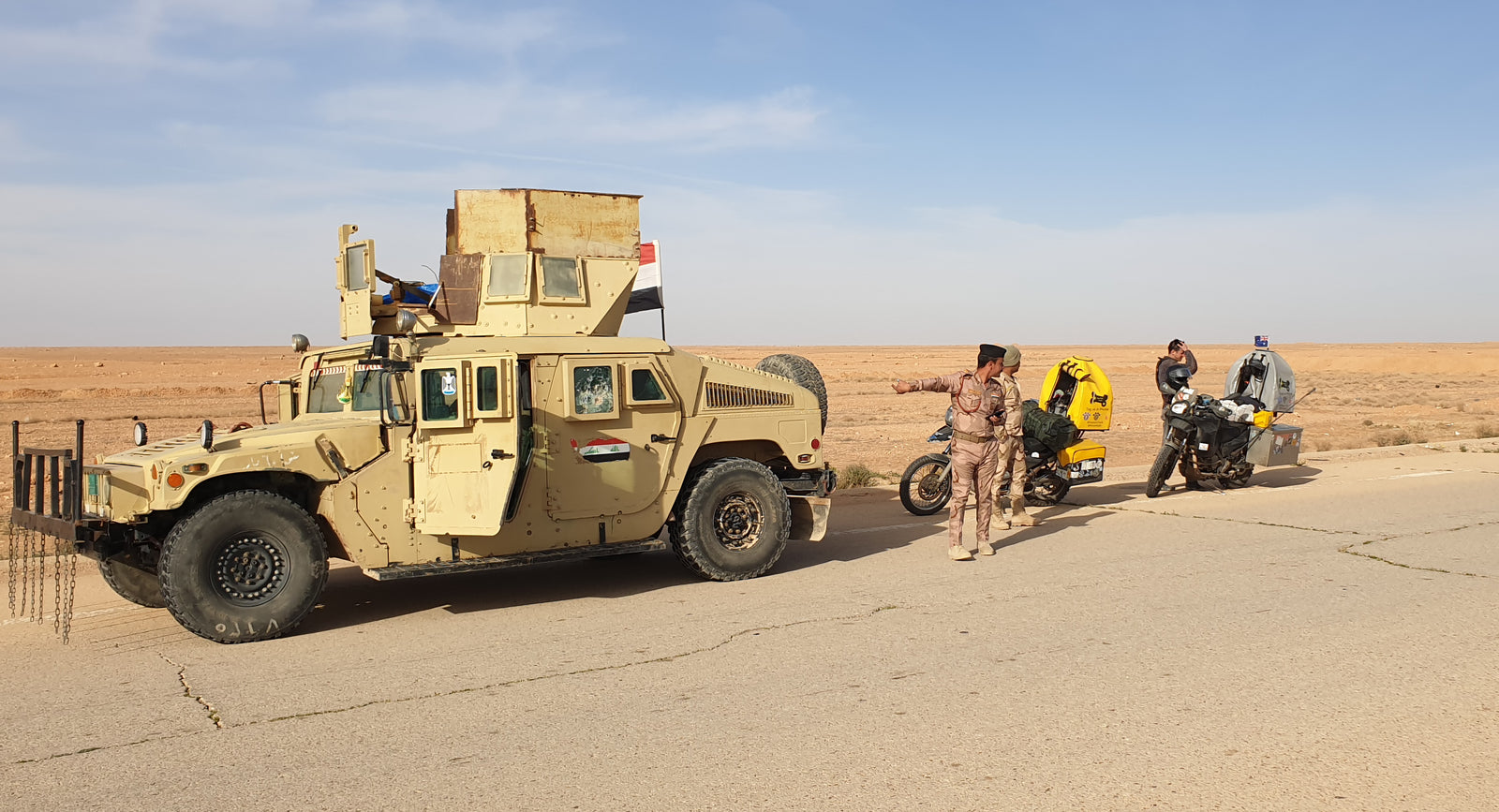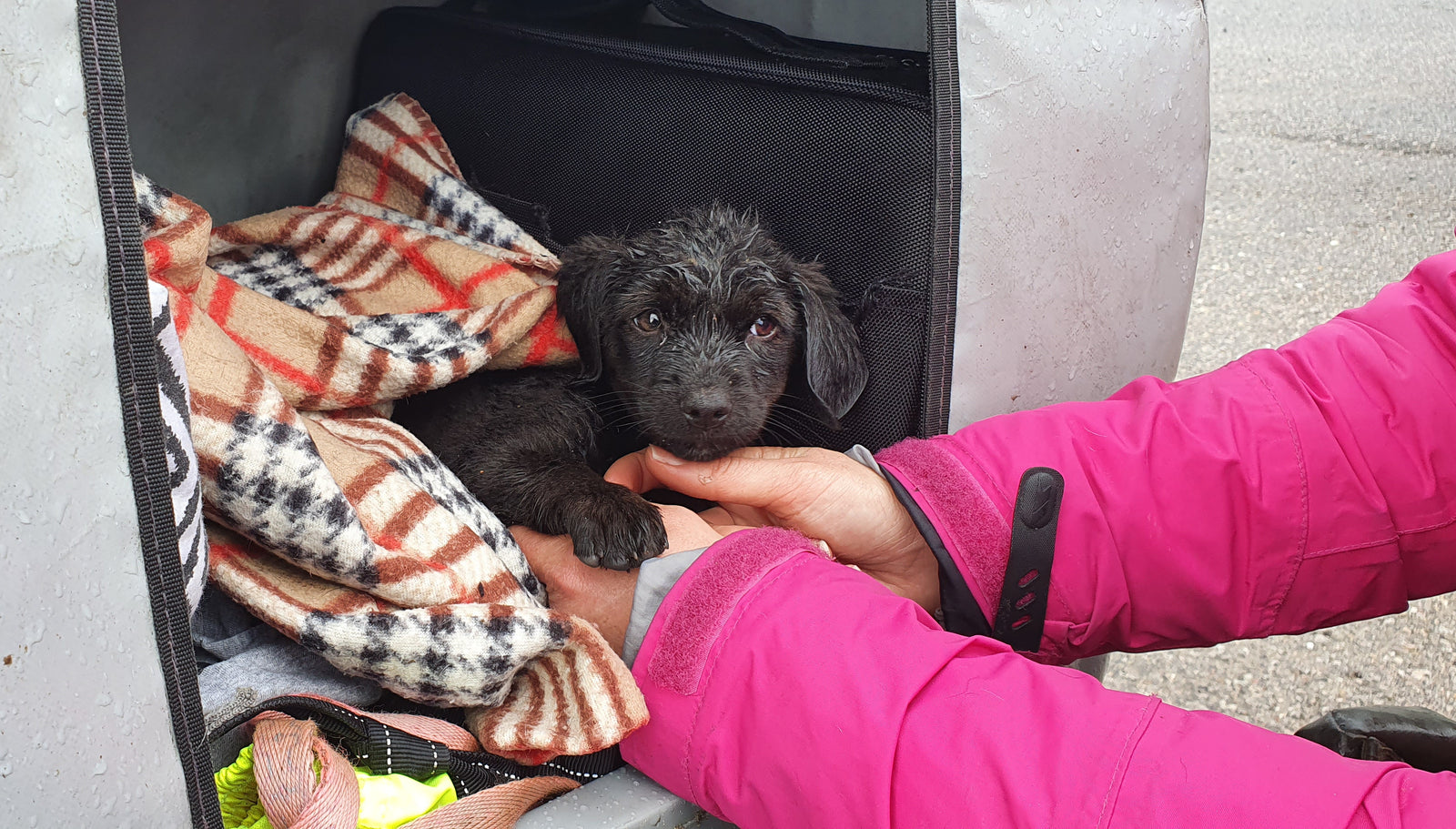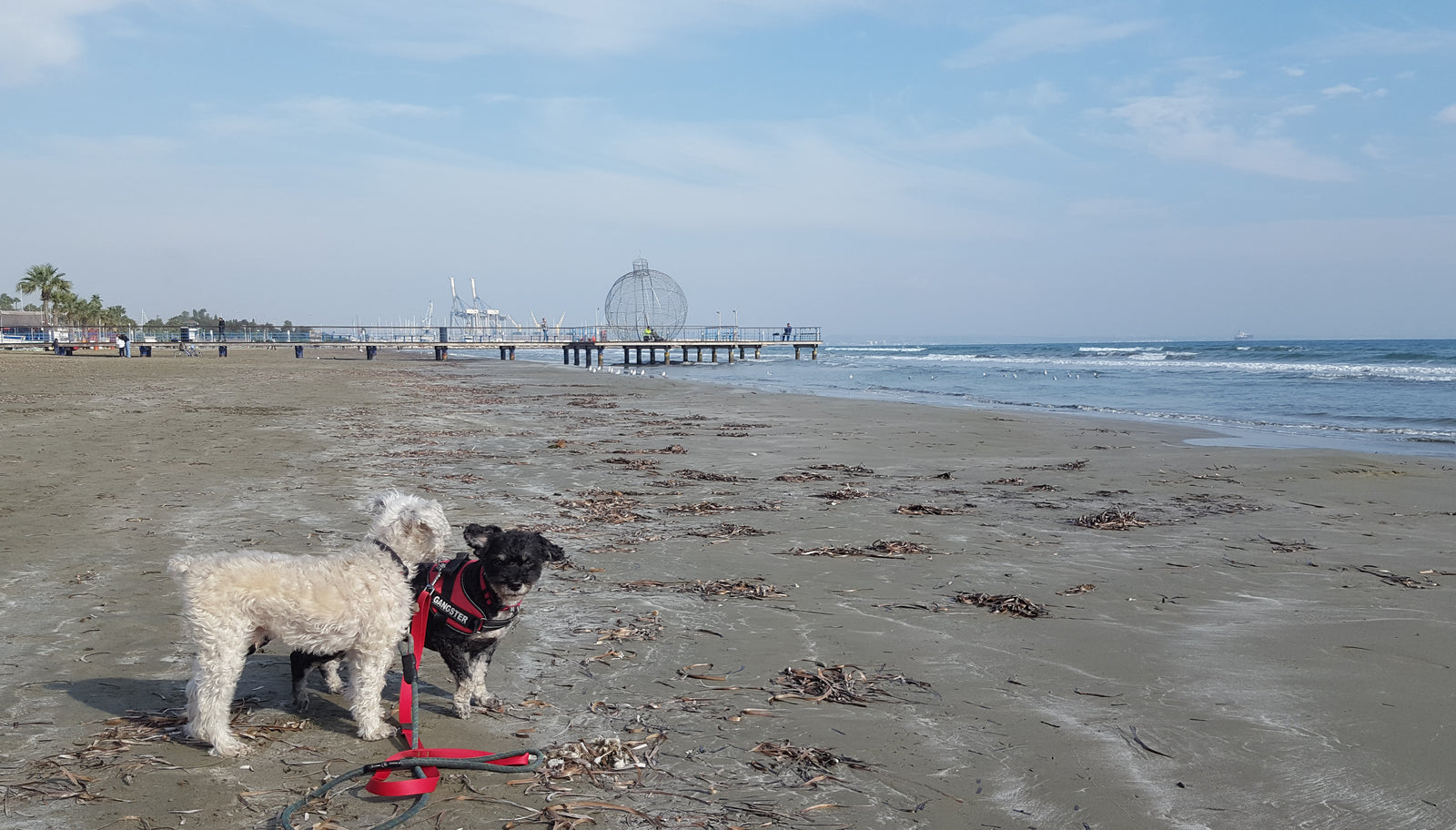Open Heart Surgery in Central Africa
May 07, 2017
Told in the collective first person, jointly from Stu and Janell Clarke's perspective.
Narrated Audio Blog
The first night in Mainland Angola was spent in Quibala, about 4 hours drive from Luanda. Quibala was inland and over 1,200m, so a little cooler than the coast. Luis had read something about the town being a tourist destination, but it didn't seem like much to us. We found a campground and pitched our tent before going for a drive into town for something to eat.
We found a bar serving food and sat down at a table. It wasn't a typical bar, it was full of women, young women, almost girls. There were all drinking and giggling with older women walking around to make sure they looked like they were having fun. It was quite obvious what these girls were, it wasn't our first experience witnessing the sexual exploitation of young girls at the hands of men and women with no moral compass. A culture that accepted abuse and showed no respect for girls and the financial incentives for the orchestrators of the abuse from local and foreign workers. What we had seen was horrific, it started in Senegal having young ladies at guesthouses where westerners stayed. In Mali we found a teenage girl at the Nigerian embassy, she had been taken across three borders with no passport, she didn't speak any French but somehow travelled through three Francophone countries. She had been lured to Mali on the promise of hospitality work but when she arrived it became obvious that she was there as a sex worker. This girl was in tears and just wanted to go home but the embassy staff obviously thought very little of her. Janell bought her some food as it looked like she hadn't eaten in days but we ultimately have no idea what happened to her and regret leaving her there, it kills us to think about that poor girl and the many others we saw.
We spent the next few days sharing the road with Mar and Luis meandering our way south. We returned to the coast briefly and enjoyed camping and swimming together. Mar and Luis would travel much faster than us so would have found a great place to camp and have dinner ready when we arrived. It was hot on the coast, lovely, but we would need to head east again as the main road into Namibia was inland and the roads to the other borders were reportedly very bad.
We reached the city of Lubango early enough to do all the sightseeing before checking into a hotel and being able to move on the next day. Lubango is the second largest city in Angola after Luanda but has experienced greater peace since the fighting during the civil war was concentrated in the north. As far as big African cities go, it is one of the more attractive, it has both a Rio style statue of Christ and the city name written in the Hollywood style sign on the side of the hill overlooking Lubango.
Just west of the city was the Serra da Leba, an iconic location where the Huíla Plateau comes to an abrupt end with views over the plains of the Namibe Desert 1,200m below. A series of switchbacks takes you down through a valley and onto the plain. Of course we had to take the bikes for a ride through the switchbacks but there isn't much to do at the bottom other then turn around and come straight back up, which was fine by us. On our return leg, Janell notices her overheating lamp illuminate and quickly pulled over. We'd been having issues with the cooling fan on both bikes but on this occasion they seemed to be working. Next we checked the coolant level which also seemed fine and in no way hot, this should have been a big indicator as to the problem but we were tired and really weren't in the mood for engine problems. We made the poor assumption that it was simply a faulty sensor but waited a while before proceeding just in case. It wasn't far back to the city and Janell's over temp lamp did not illuminate on the ride so all seemed well. We'd see how it went in the morning.
The next morning Mar and Luis departed early while we took our time walking the dogs and packing up. We intended to meet later in the day as we had been doing. We didn't discuss the previous days over temp issue, preferring to ignore it and hope that it would simply go away. But this obviously wasn't going to happen. About 50km out of Lubango Janell's over temp lamp came on again, we pulled over and checked everything, the engine was hot but everything seemed in order, the fan was working, the oil and water were fine. But there clearly was something wrong. We decided that our best bet was to get back to Lubango and try and get help there, but first the engine would need to cool. It was now into the hottest part of the day so waiting for the engine to cool would take a while, luckily we had time.
We had given a presentation in Lisbon, Portugal to the BMW Motorrad Club and given a few contacts for when we visited Angola, all of these contacts were in Luanda and since we'd left so quickly we didn't make contact. But now we were stuck and these contacts were all we had and were very lucky to have them. While the engine cooled we started messaging. The mobile network throughout Africa is surprisingly good albeit a little expensive on data, that is as long as you remain on the main routes. Our contact responded very quickly and put us in touch with Uigher, a local club member in Lubango. Uigher told us that he would come and pick us up, but not wanting him to drive all the way to get us we declined and down played the problem telling him we'd get it back to Lubango. This was a mistake, we should have accepted the offer and potentially averted any serious damage.
Once Janell's bike seemed to have cooled sufficiently we turned the bike around and started making our way back to Lubango. After 30km Janell's overtemp lamp illuminated again so we quickly pulled over. Janell checked her oil again but this time it wasn't a healthy sight, it had become a milky white liquid. Coolant was mixing with the oil, SHIT!
Stu went for a ride to try and find a hotel, we were still a little outside of Lubango and we were surrounded by rural farming landscapes. But only 5km up the away was a very interesting retreat, from the outside it looked like a local village, just a collection of clay huts, the largest was a very stylish reception with lots of tourist information about the local area and inside each of the accommodation huts was a large double bed each with private ensuite. Stu was sure they'd not allow dogs but it was always worth asking. The receptionist had to ask her manager, but didn't think it would be a problem as they didn't have much business. She just asked that they would be kept off the furniture and not make any mess inside, to which Stu assured her would not be a problem.
The only issue now was getting Janell and her bike to the retreat. We had some straps we used whenever we needed to tie the bikes down and we knew that in theory we could use these for towing a bike but we'd not done it before. Believing that we should be able to tow if need be and still not wanting to put Uigher out we decided we'd try it out. We connected a strap from the rear of Stu's pannier rack to the crash bar on the front of Janell's bike and took up the slack. There was no give in the strap so it was going to be jerky, but we'd have comms the whole time and we'd take it easy. We decided that all braking would be done by the rear bike. There were a few gentle hills but otherwise it was an easy run, no turns but a rather straight section of road. It took a little bit of practise but before long we were working in unity. We arrive in one piece, quite literally, we may have only been travelling 20km/hr but we'd done it and given ourselves confidence to do it again if ever the need arose, which it surely would.
Once we were settled into our room, and now less than 15km from Lubango, we felt that we would take Uigher up on his offer. Uigher told us that he would come past in the morning with his bakkie. To be honest we had to look up what a bakkie was, turns out it is the term commonly used in southern Africa for a pickup truck. Uigher and his mechanic arrived nice and early to pick the bike up. With the panniers and Pillion Pooch removed the bike was light enough for the four of us to easily lift it into the tray. With the bike loaded, we followed on Stu's bike as Uigher led us through Lubango to his home.
Uigher had a large workshop full of tools and equipment. He had a number of bikes, all of which were maintained at his property by his mechanic. Uigher made it clear that his mechanic and all his facilities were at our disposal but we wouldn't have to do a thing. That day the bike and engine was stripped down and the head removed, it was immediately clear where the damage had occurred to allow water into the oil system. Next the thermostat was inspected, as expected it had seized up, which was preventing cooled water from cycling through the engine.
We would need a new head gasket and a new thermostat and we'd need the head skimmed. Skimming the head professionally was not an option, there were no facilities in all of Lubango to conduct such a service. But as the head was not too badly damaged Uigher and his mechanic felt that sanding it would be sufficient. Uigher found a large piece of perspex to provide a flat surface and using sticky tape, the mechanic then stuck a piece of sandpaper onto the surface. And there it was, a head skimming setup on the cheap (and more importantly available). The head was placed onto the sandpaper and moved in a circular motion until it seemed to be flat, we weren't convinced it was going to work but more than happy to give it a go.
As for the head gasket and thermostat, these would be an issue. Getting parts into Angola with their financial crisis was very difficult. But Uigher had the right connections. He told us that parts would either be coming from Namibia or through Luanda but should just be left to him. He told us that it would take time and that we should spend the time sightseeing until the parts arrived and that he would let us know as soon as they did.
So we did as he asked, we returned to the Serra da Leba and rode down into the Namibe Desert to explore a little further, we ventured up to the hill top to see the Christ statue and Lubango letters up close, we took some scenic routes through the mountains and generally enjoyed having a little bit of time in one spot. We were constantly communicating with Uigher and led to believe that we could be in for a bit of a wait. After three days of getting out and about and starting to run out of things to do and see, we get a message telling us the bike was back together. We were shocked since we didn't even know the parts were available let alone arrived. We immediately rode over to Uigher's house. As promised the bike was back together and running again. Uigher told us that the parts came from Luanda, the thermostat was new but the gasket had come from a good working bike. They had flushed the oil as part of a service and the bike was good to continue.

We were absolutely over the moon. We asked Uigher what we owed but he told us it was nothing, we tried to insist but he very forcefully refused to take any money. On top of that he asked to take us out for dinner before we left. We could hardly say no. He took us to a restaurant very close to where we were staying, it was very Portugese with live music and plenty of meat on the menu but also had a few options for vegetarians such as ourselves. We had dinner and a few drinks while sharing stories of our adventures and learning about what Namibia and the rest of Southern Africa had in store for us. As the night drew to an end, Janell very stealthily snuck off to the bar and paid the bill, much to the dismay of Uigher, but we just couldn't let him pay for our night out after all he had done and he reluctantly accepted our small gesture.
The next morning we packed up, with both bikes ready to hit the road again. We had to change our Angolan Kwanza into something useful before leaving the country and were advised that we'd find cambio's in Xangongo to obtain Namibian Dollars. That was our only planned stop before the border. From Xangongo we had two options to cross into Namibia, on the map they seemed much of a muchness, and as we wanted to get back to the coast as soon as possible we decided to take the more eastern option. Unfortunately the road to this border was in very poor condition, but the deterioration was so gradual that it always seemed that we'd already come so far and turning back would be a mistake. We only had 90km from Xangongo and should have been able to do it before dark, but this just wasn't possible. Within an hour it had become very dark and we hadn't reached halfway. We decided to look for somewhere to camp, somewhere close to a village so wild animals would be less likely but not too close so as to be inundated with people first thing in the morning. We approached what looked like an old abandoned shop on a seemingly abandoned section of road just off the main road. It was just on the outskirts of a small village and would have to do, we'd be up and out before anyone would notice anyway.
Although there were people around in the morning, no one seemed to bother with us and just let us do our thing. We packed up and got back on the road for the short ride to the border. As luck would have it, the main road from there on was in excellent condition, although not sealed it certainly was well maintained.
It looked unlikely on a few occasions but we ended up leaving Angola well within our allowed 30 days as stipulated on our visa's. We'd had some interesting experiences that couldn't have been foreseen and would surely become amongst the highlights of not just Africa but our whole world tour.
Leave a comment
Comments will be approved before showing up.
Also in Dog Blog

Iraq
March 30, 2022 1 Comment

Turkey & Azra
March 30, 2022

Cyprus
January 12, 2022
Are you a Dog Person?
Do you Love to Ride?
Click below for more information on how you can take your best friend along on your next biking adventure
© 2025 The Pack Track.
Powered by Shopify














